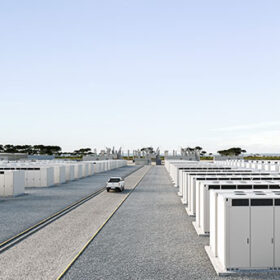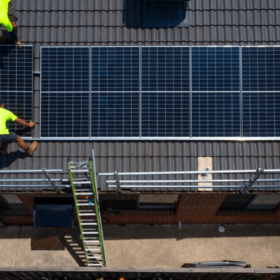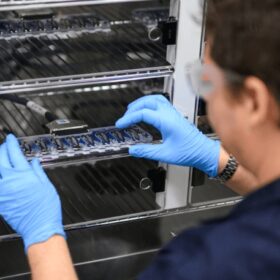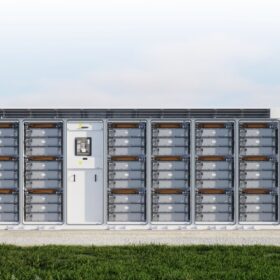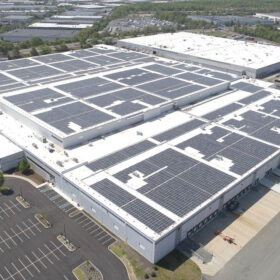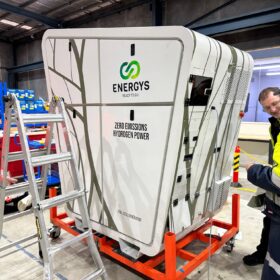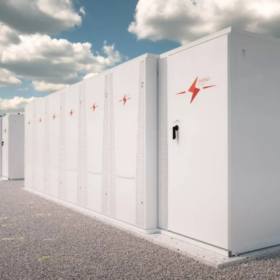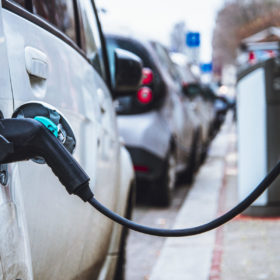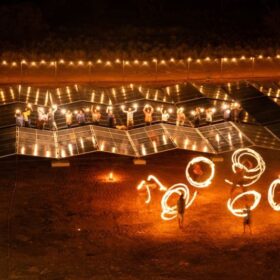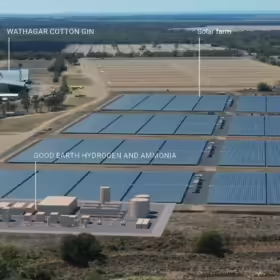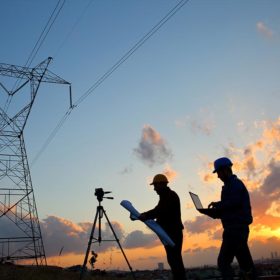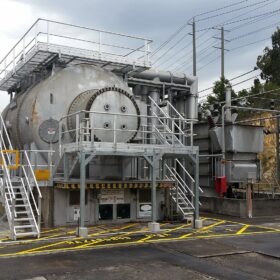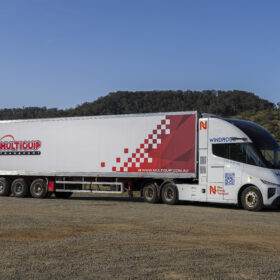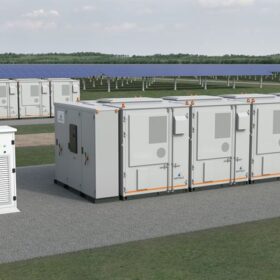HMC announces seed investment for planned 15 GW clean energy platform
Australian asset manager HMC Capital has signed a $50 million deal to acquire a majority stake in Sydney-headquartered battery project developer Stor-Energy as part of its push into the renewable energy sector.
Victoria pumps $4 million in to boost rooftop PV roll out
More than $4 million will be delivered to seven commercial providers to support the installation of rooftop solar and electric hot water systems at scale as the Victorian government pushes ahead with its plan to transition to all-electric homes across the state.
Queensland launches battery supply chain database
The Queensland government has launched Australia’s first battery supply chain database to help local companies identify business and supply chain opportunities and to support domestic production and connect with potential investors.
BayWa seeks federal approval for combined 1.2 GWh of big batteries
BayWa r.e. is seeking federal environmental approval for two proposed renewable energy projects featuring up to 312 MW of generation and a combined 1.2 GWh of battery energy storage capacity.
Tesla battery deployment up 157%; Megapack pricing down 44%
In its latest quarterly press release, traditionally focused on vehicle production, Tesla revealed a significant increase in energy storage deployment, officially reporting revenue for 9.4 GWh of deployed storage products.
Digital world driving growing demand for renewable generation
The world’s reliance on the internet, the shift to cloud computing, and the emergence of AI all fuel demand for more and more data centres. The International Energy Agency projects that by 2026, data centres will consume more than 800 TWh annually, more than double their consumption in 2022.
Telco project replaces diesel generators at remote towers with hydrogen energy
A Victorian manufactured, 10 kW renewable hydrogen generator has been installed 120 km east of Melbourne, as part of a pilot project to provide backup to telecommunications towers disabled by outages.
Perth company lands $50 million contract on Collie big battery build
A Perth electrical company has won a $50 million contract for works on Western Australia’s 500 MW / 2,000 MWh Collie battery energy storage system just months after scooping a $160 million deal for the project.
Vehicle and equipment discounted green loans to help small enterprise decarbonise
The Clean Energy Finance Corporation will help small-to-medium sized businesses finance a broad range of clean energy technologies making electric vehicles, roof top solar, batteries, and more efficient farming equipment, cheaper.
Microgrids empowering regional and remote communities across Australia
Small collections of electricity generators, or microgrids, have long been used in disaster recovery, when network supply falters during bushfires or cyclones. But now the technology is being used to provide secure, 24-7 supplies of clean energy in Australian communities where connection to the main electricity grid is but a pipedream.
